Crocodiles and alligators are both carnivorous semi-aquatic reptiles. Alligators are only found in the USA, China, and Mexico. Crocodiles, on the other hand, have a large geographical range, though their habitat only includes warm regions. Let’s learn the differences between crocodiles and alligators.
Differences between Crocodiles and Alligators
Snout shape
The first major difference is the snout shape. Crocodiles have a V-shaped snout. Alligators have a more rounded, wider, U-shaped snout. Some crocodiles, like the Mugger crocodile and the Saltwater crocodile, have a relatively wider snout than other crocodiles, but not as wide as alligators.
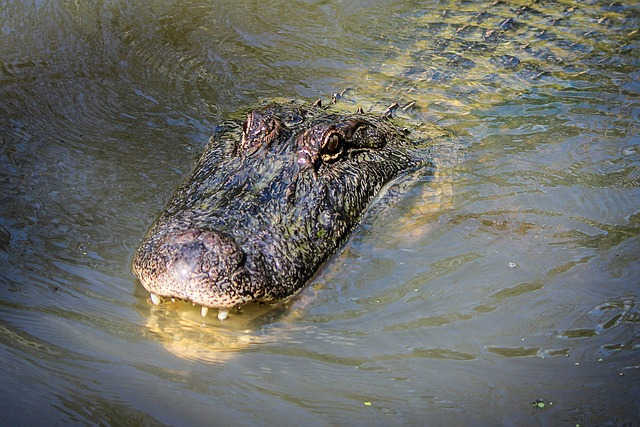
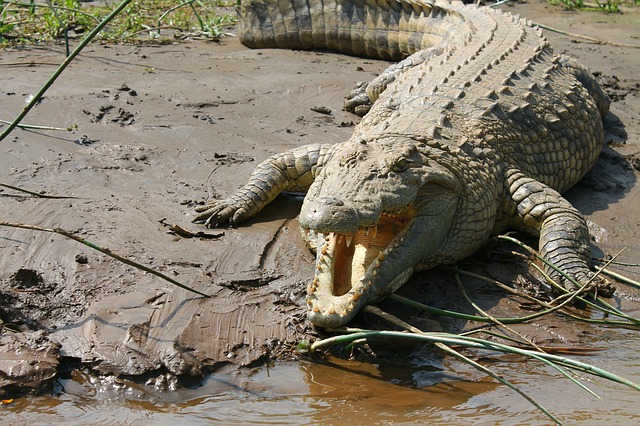
Teeth
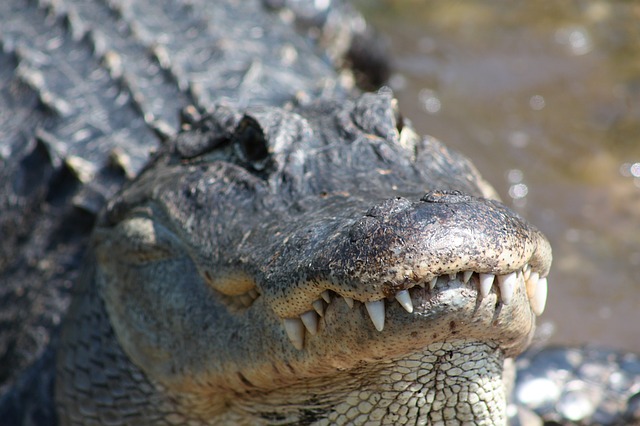
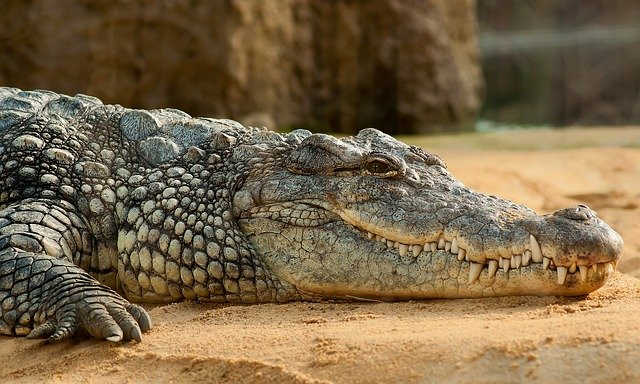
In most alligators, only the upper teeth are visible when the mouth is closed. In crocodiles, both the upper and lower teeth are visible when the mouth is closed.
Habitat
Alligators are only found in freshwater. They cannot tolerate salt for very long. Crocodiles, too, are freshwater animals but have greater tolerance to saltwater. Saltwater crocodiles, however, can live both in freshwater and saltwater.
Biting force
Crocodile species generally have a greater biting force than alligators. Saltwater crocodiles, the largest among all crocodiles, have a biting force of over 3,500 psi. American alligators, the largest alligators, have a biting force of around 3,000 psi.
Temperature tolerance
Alligators can tolerate relatively colder temperatures than crocodiles. Crocodile species cannot tolerate colder temperatures for long. In the US during the winter, when the temperature reaches close to freezing, alligators enter Brumation. During Brumation, alligators slow down their metabolism and become very slow. This is their way of coping with the harsh winters.
Biological Classification
Species belonging to the genus Alligator are called Alligators. Crocodiles are species belonging to the family Crocodylidae.
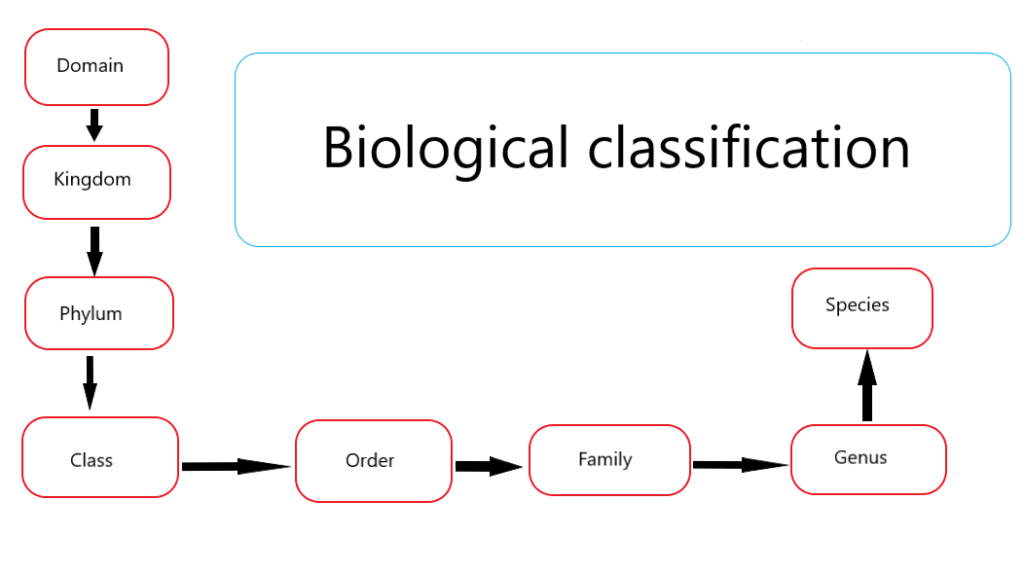
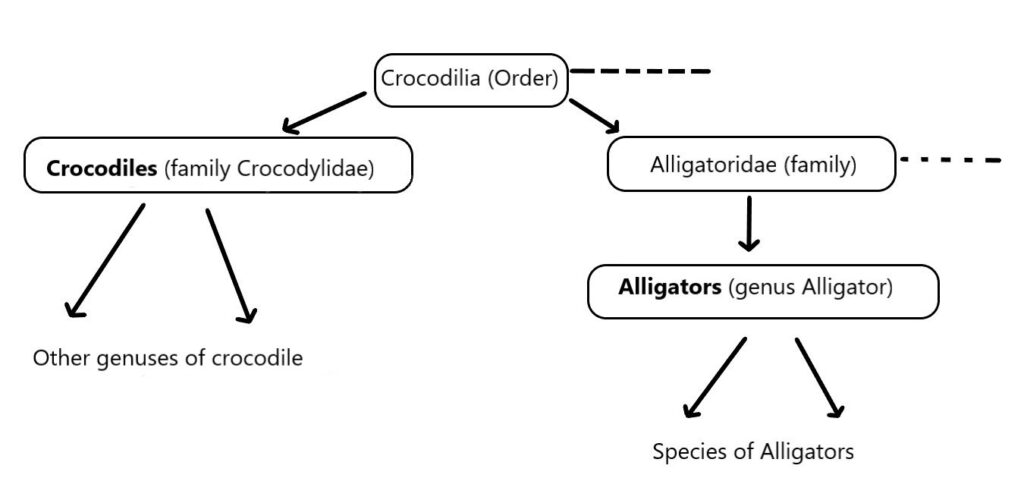
Conservation status
The American Alligator currently needs no human help. The Chinese Alligators however are critically endangered with only a few hundred individuals remaining in the wild.
Talking about the crocodile species,
- The Australian freshwater crocodiles, the saltwater crocodiles, the New Guinea crocodile, the Mexican crocodile, and the Nile Crocodiles currently are not considered endangered.
- The Mugger crocodile, the American crocodile, and the African dwarf crocodiles are marked vulnerable by the International Union for Conservation of Nature (IUCN).
- The Orinoco crocodile of South America is critically endangered.
- The West African slender-snouted crocodile, the Cuban crocodile, the Philippine crocodile, and the Siamese crocodile are also critically endangered.
Read more